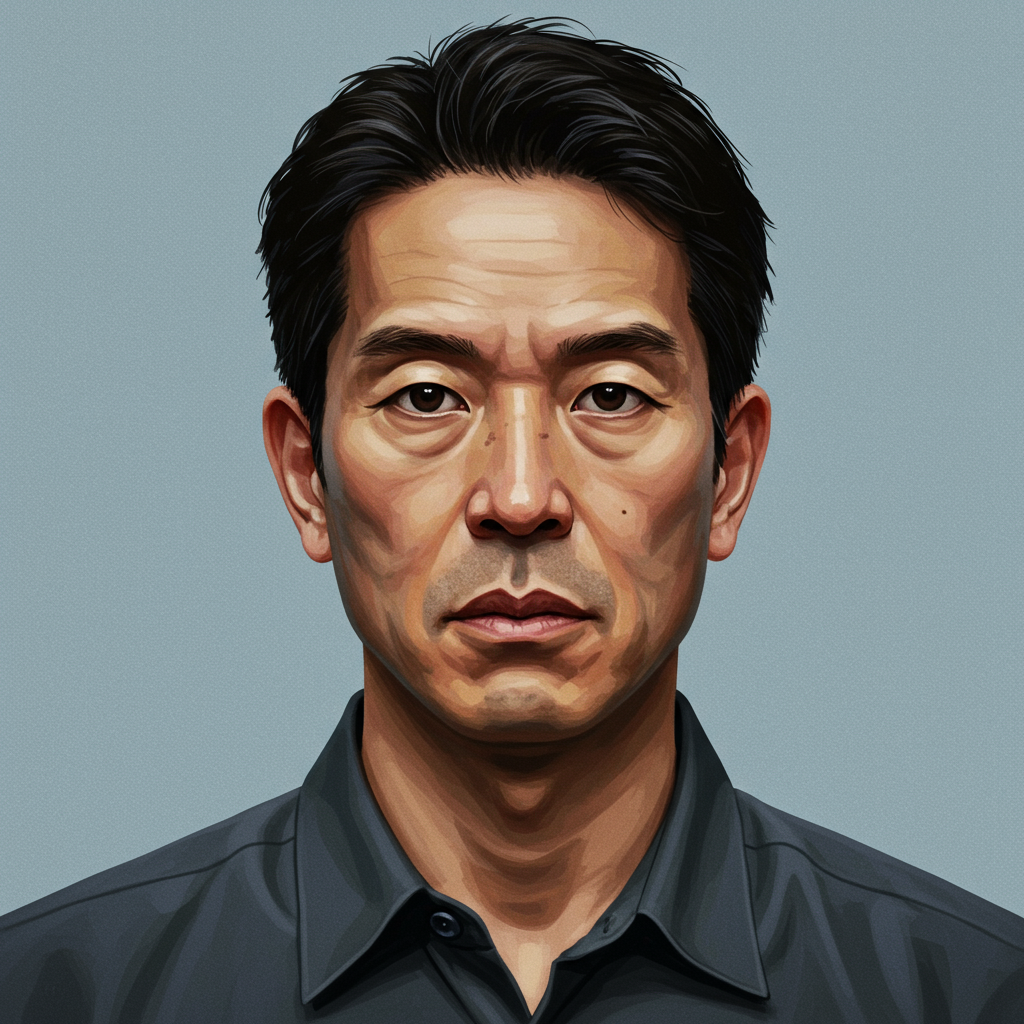Japan has carried out its first execution in nearly three years, hanging Takahiro Shiraishi, the man widely known as the “‘Twitter killer’.” Shiraishi was convicted for the horrific murders and dismemberment of nine individuals he contacted through social media.
The 34-year-old was executed by hanging at the Tokyo Detention House on Friday. His death sentence, handed down in 2020, followed his guilty plea to killing the nine victims – eight women and one man – in 2017.
Discovery of a ‘House of Horrors’
The grim discovery of Shiraishi’s crimes unfolded in October 2017. Police were investigating the disappearance of a 23-year-old woman who had posted suicidal thoughts on social media platforms, including Twitter (now X). Accessing her account, police were led to Shiraishi’s apartment in Zama city, near Tokyo.
What investigators found inside shocked the nation. Multiple cooler boxes and storage containers held dismembered human heads and bones, reportedly with flesh scraped off. Cat litter had allegedly been sprinkled on the remains in an attempt to conceal evidence. Media outlets quickly dubbed his small apartment a “house of horrors.”
Preying on the Vulnerable
According to court proceedings and reports, Shiraishi specifically targeted individuals aged between 15 and 26 who had expressed suicidal thoughts online. Using a social media handle that loosely translated to “hangman,” he contacted these vulnerable individuals, offering to help them die or even proposing to die alongside them. His reported Twitter profile message read: “I want to help people who are really in pain. Please DM me anytime.”
He then lured them to his apartment in Zama. Once there, he would reportedly strangle and dismember his victims. The sole male victim was reportedly the boyfriend of one of the women, killed to prevent him from revealing the crimes.
Trial and Sentencing
During his trial, prosecutors sought the death penalty. While his defense lawyers initially argued for a lesser charge, claiming the victims had consented to die, Shiraishi himself later contradicted this argument, stating he had killed them without consent.
Shiraishi admitted to the murders, telling the court he acted to satisfy his “own sexual desires.” Justice Minister Keisuke Suzuki later stated the motives were “genuinely selfish reason[s] of satisfying his own sexual and financial desires.”
In December 2020, Shiraishi was found guilty of murder, rape, dismemberment, and storage of the bodies. The judge dismissed the defense’s consent argument, describing Shiraishi’s actions as “cunning and cruel” and emphasizing that he had preyed upon “mentally fragile” people, “trampl[ing] upon” their dignity.
Following the guilty verdict and death sentence, Shiraishi’s lawyer appealed, but Shiraishi himself later withdrew the appeal, finalizing the sentence. Justice Minister Suzuki confirmed that the execution order was issued after “careful and deliberate consideration of all factors.”
Wider Impact and Japan’s Death Penalty
The high-profile nature of the “Twitter killer” case deeply gripped Japanese society for years, causing “great shock and anxiety.” It also sparked significant debate over the role and responsibility of social media platforms in connecting vulnerable individuals, prompting Twitter to amend its rules to explicitly prohibit encouraging or promoting suicide or self-harm.
The execution is the first in Japan since July 2022. Japan is one of only two G7 nations, alongside the United States, that retains capital punishment, a practice that continues to hold strong public support in the country, with a 2024 survey showing 83% view it as “unavoidable.”
Executions in Japan are carried out by hanging and are typically shrouded in secrecy. Prisoners are usually informed only hours before their execution, and families and lawyers are often notified only after it has occurred. Critics argue this lack of transparency and the long waits often endured by the roughly 100-107 inmates on death row (nearly half of whom are reportedly seeking retrials) pose significant psychological distress.
Despite calls for abolition, Justice Minister Suzuki defended the use of the death penalty, stating it is “not appropriate to abolish the death penalty while these violent crimes are still being committed.”
The father of one of Shiraishi’s victims expressed a different sentiment after the execution, telling NHK he would have preferred to see Shiraishi “spend his life reflecting on the crimes he committed, than simply losing it through death penalty.”
Editor’s Note: Help is available if you or someone you know is struggling with suicidal thoughts or mental health matters.
In the US: Call or text 988, the Suicide & Crisis Lifeline.
Globally: The International Association for Suicide Prevention and Befrienders Worldwide have contact information for crisis centers around the world.




